上 exocrine pancreatic insufficiency (epi) symptoms 336318
Exocrine pancreatic insufficiency (EPI) is a condition in which people are unable to properly digest food due to a deficiency of the exocrine pancreatic enzyme Symptoms of exocrine pancreatic insufficiency include Fat in stools Bulky stools that float in the water and are difficult to flush;Stools may appear pale and oilyExocrine Pancreatic Insufficiency (EPI) is a condition that occurs in people who cannot digest food normally because their pancreas does not make enough enzymes As a result, people with EPI suffer from one or more troublesome gastrointestinal (GI) issues 1

Exocrine Pancreatic Insufficiency Wikipedia
Exocrine pancreatic insufficiency (epi) symptoms
Exocrine pancreatic insufficiency (epi) symptoms-Exocrine Pancreatic Insufficiency (EPI) Your child's pancreas plays two important roles in the body It helps control the level of blood sugar by producing and sending insulin into the body The pancreas also sends enzymes into the small intestine to help break down food Exocrine pancreatic insufficiency, also called EPI, is when theExocrine Pancreatic Insufficiency (EPI) is a condition that occurs when the pancreas is unable to provide the enzymes needed to digest food, particularly an enzyme called pancreatic lipase that is needed to digest fats This happens because of damage to cells in the pancreas Because people with EPI lack these important enzymes, they cannot properly digest and absorb fats, proteins,




What Is Epi Exocrine Pancreatic Insufficiency
Toskes PP, Secci A, ThieroffEkerdt R Efficacy of a novel pancreatic enzyme product, EUR1008 (Zenpep), in patients with exocrine pancreatic insufficiency due to chronic pancreatitis PancreasExocrine Pancreatic Insufficiency (EPI) WHAT IS EXOCRINE PANCREATIC INSUFFICIENCY (EPI)? Exocrine pancreatic insufficiency (EPI) Exocrine pancreatic insufficiency (EPI) especially since it can occur due to both pancreatic and non pancreatic causes, and the symptoms are very similar to that of other GI disease I was diagnosed with endocrine pancreatic insufficiency EPI after having a reaction to estrogen cream and 2weeks
The symptoms of EPI are often seen in other gastrointestinal disorders and EPI is frequently misdiagnosed as irritable bowel syndrome (IBS) The mistake occurs because the symptoms often overlap and may even be identical in both disorders The symptoms can include loose stools/diarrhea, urgency and abdominal painPeople with EPI cannot absorb all of the fat that they eat The undigested fat that passes through the digestive system may cause oily or greasylooking stools These stools may also smell really bad, float, and be difficult to flush Not all people experience steatorrhea, but itUse this exocrine pancreatic insufficiency (EPI) quiz to see if you have symptoms related to EPI Common symptoms include diarrhea, gas, bloating, stomach pain, oily stool and unexplained weight loss Also, find questions to ask your doctor
Exocrine pancreatic insufficiency (EPI) is the inability to produce sufficient pancreatic enzymes to digest fats, carbohydrates, and proteins This difficulty in digestion leads to poor absorption of nutrients which commonly causes weight loss despite a normal or increased appetite50% of members experienced first Exocrine pancreatic insufficiency (EPI) symptoms between ages of 27 and 52 53% say their Exocrine pancreatic insufficiency (EPI) is currently severe Quality of life with Exocrine pancreatic insufficiency (EPI) view moreSigns and symptoms Loss of pancreatic enzymes leads to maldigestion and malabsorption, which may in turn lead to anemia ( Vitamin B12, iron, folate deficiency) bleeding disorders ( Vitamin K malabsorption) edema ( hypoalbuminemia) fatigue



1
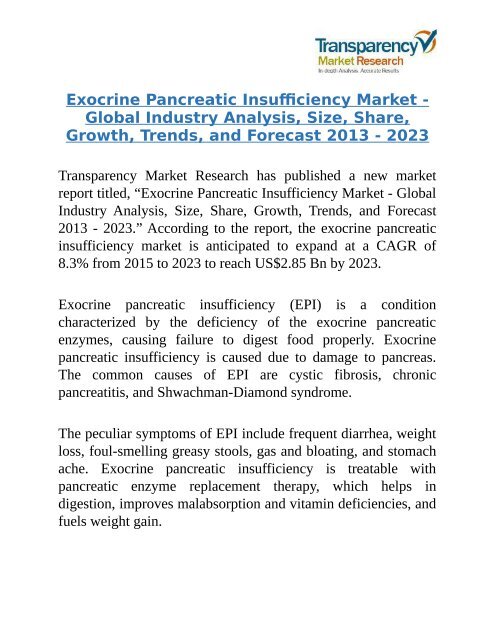



Exocrine Pancreatic Insufficiency Market
I have been on Creon for my EPI (exocrine pancreatic insufficiency) now for 2 years after 30 plus years of misdiagnosis At last the Creon seems to be doing its job I am having some of the expected side effects, the dizziness and fatigue being the most worrisomeWhen you have EPI, you don't get the nutrition you need because your body can't absorb fats and some vitamins and minerals from foods You might lose weight or have pain in your belly There areExocrine pancreatic insufficiency (EPI) causes problems in how you digest food Your pancreas doesn't make enough of the enzymes that your body needs to break down and absorb nutrients When you have EPI, you don't get the nutrition you need because your body can't absorb fats and some vitamins and minerals from foods




Exocrine Pancreatic Insufficiency What It Is And Who S At Risk
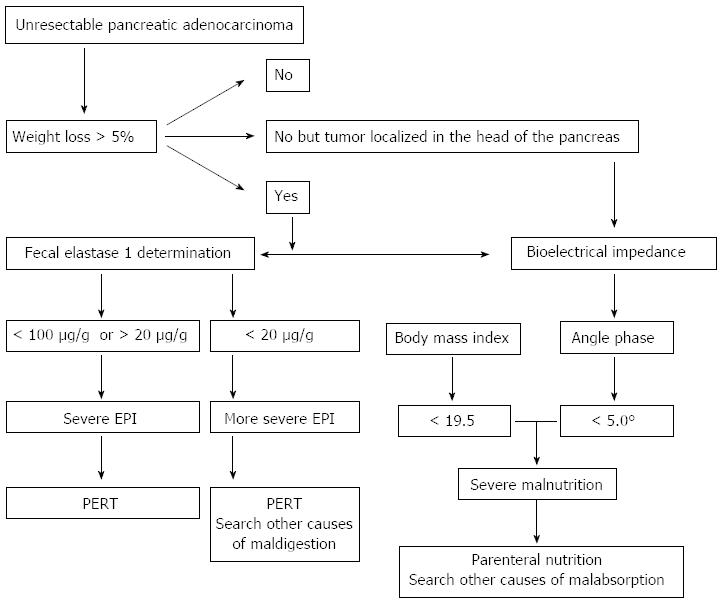



Exocrine Pancreatic Insufficiency In Adults A Shared Position Statement Of The Italian Association For The Study Of The Pancreas
Key clinical point The prevalence of exocrine pancreatic insufficiency (EPI) was higher in patients with functional dyspepsia (FD) with pancreatic enzyme abnormalities (PEA) compared to asymptomatic patients (AP) with PEA and was associated with physical function but not with the state of anxiety Major finding The prevalence of EPI was higher in patients with FDExocrine pancreatic insufficiency (EPI) is a medical condition that affects the exocrine function of the pancreas With EPI, there are not enough pancreatic enzymes that are critical to the normal digestion of fats, as well as proteins and carbohydratesExocrine Pancreatic Insufficiency (EPI) There are many paths to ME/CFS It is chronic, has a wide range of symptoms, and is very difficult to diagnose and treat ME/CFS is short for myalgic encephalomyelitis (ME) and Chronic Fatigue Syndrome (CFS) Other names used include chronic fatigue and immunity deficiency syndrome (CFIDS), systemic




Exocrine Pancreatic Insufficiency Can This Be The Cause Of Your Patient S Gi Symptoms Article Nursingcenter




Lesson Exocrine Pancreatic Insufficiency
Diagnosing EPI If you have exocrine pancreatic insufficiency (EPI), your body cannot properly digest fats, proteins, and carbohydrates in the food you eat In addition to preventing adequate digestion, EPI produces uncomfortable gastrointestinal (GI) symptoms Only your doctor can tell if your GI symptoms are due to EPI or another digestive conditionExocrine pancreatic insufficiency (EPI) is a syndrome caused by insufficient synthesis and secretion of digestive enzymes by the exocrine portion of the pancreas EPI is less common than pancreatitis in both dogs and cats, but it is the second most Exocrine pancreatic insufficiency (EPI) is a condition in which the pancreas is unable to produce and/or secrete adequate amounts of digestive enzymes into the gastrointestinal tract This leads to a reduced ability to digest foods and absorb some nutrients Signs and symptoms associated with exocrine pancreatic insufficiency include abdominal pain,
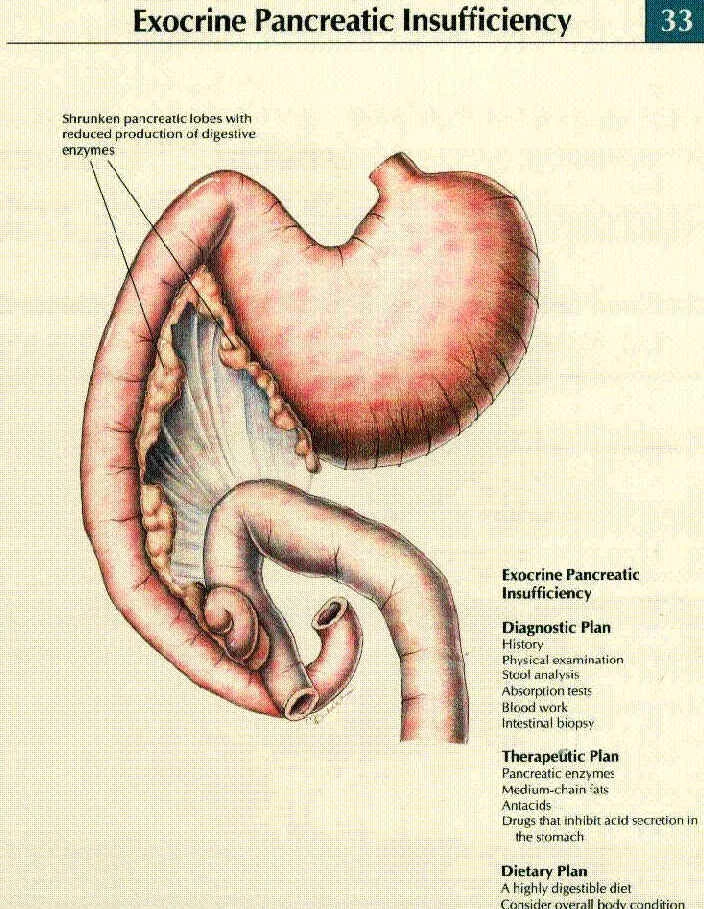



Exocrine Pancreatic Insufficiency Canine Diabetes Wiki Fandom
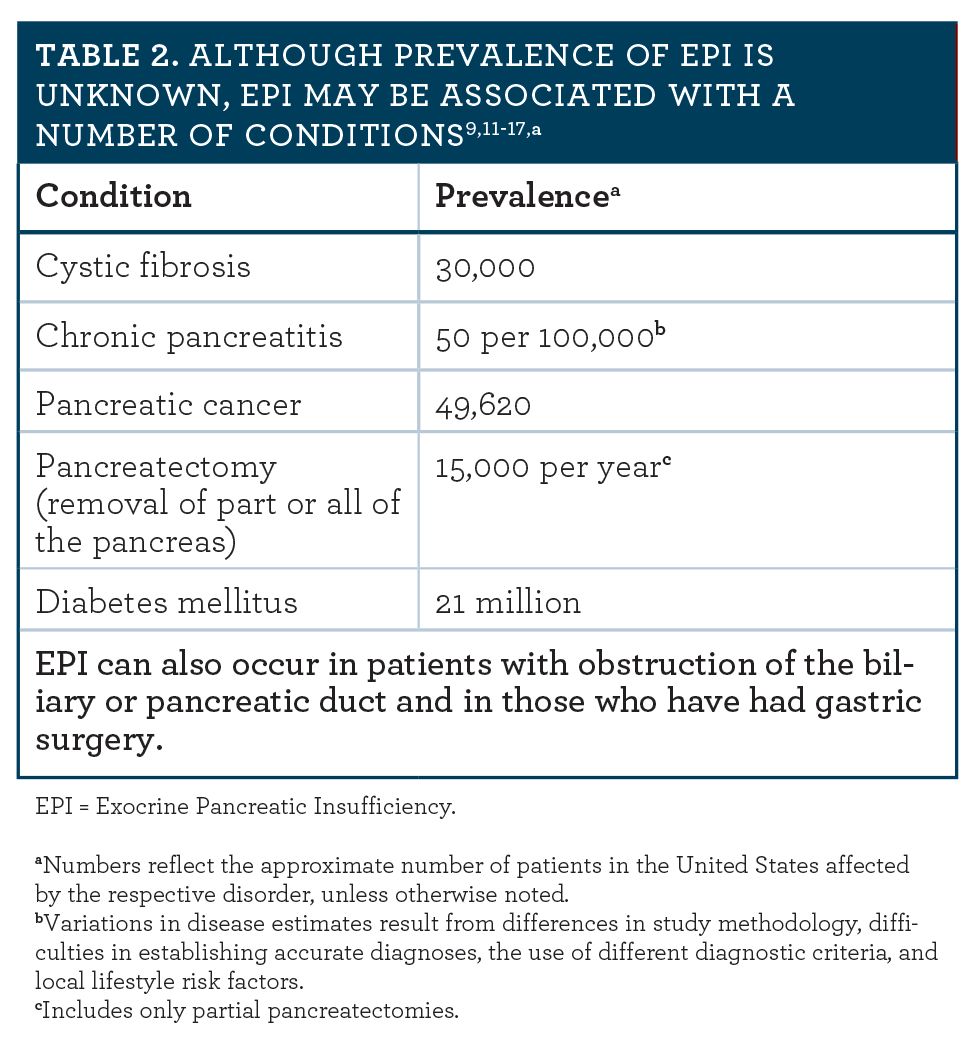



Pancreatic Enzyme Replacement Therapy A View From Behind The Counter
When there aren't enough enzymes to break down food due to EPI, nutrients may not be properly absorbed by the intestines Unabsorbed food in the intestines can lead to oily, loose, foulsmelling stools, bloating, gas, unexplained weight loss, diarrhea, and stomach pain2,4 Learn More AboutSymptoms of Exocrine Pancreatic Insufficiency in Cats Exocrine pancreatic insufficiency is a difficult condition to diagnose given the individual symptoms can often mimic other conditions The differentiating characteristic is a chronic presence of one or more of the following symptoms What is Exocrine Pancreatic Insufficiency (EPI)?
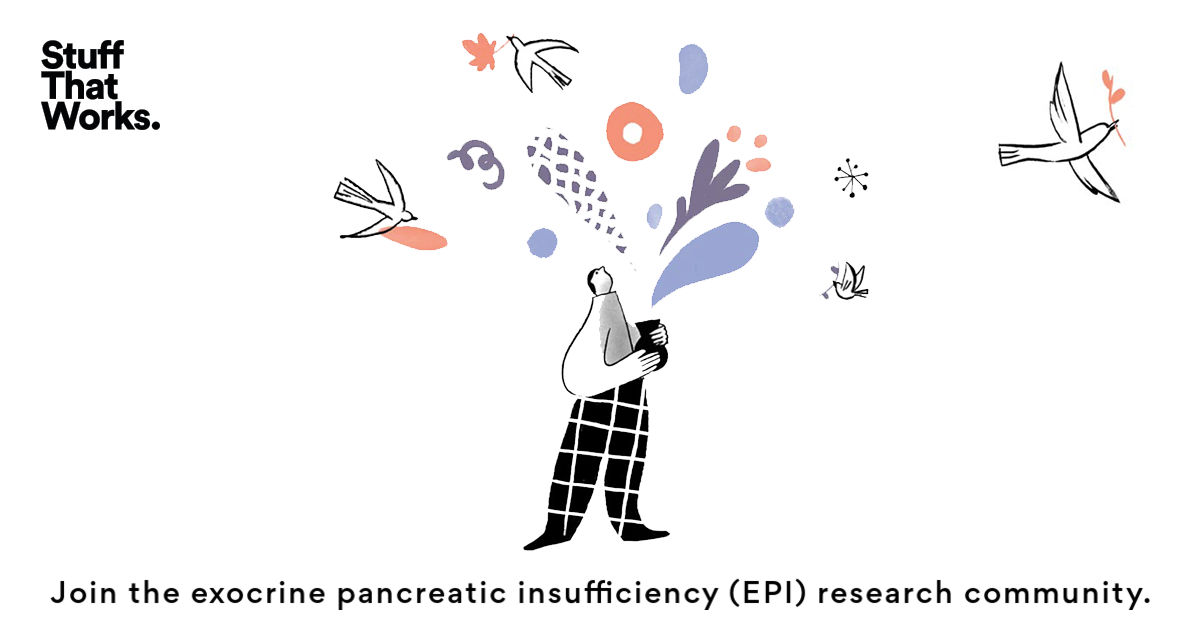



Exocrine Pancreatic Insufficiency Epi Early Symptoms Stuffthatworks




Symptoms Of Exocrine Pancreatic Insufficiency Everyday Health
EPI is a longlasting medical condition that affects the pancreas EPI upsets the way the body breaks and EPI symptoms It's important to tell your doctor about the types of foods you eat, if you gain or lose weight, and how The hallmark symptoms of severe EPI are weight loss and loose, fatty stools called steatorrhea Bloating When your gut bacteria ferment unabsorbed food they release hydrogen and methane, causingWhen the pancreas doesn't produce enough enzymes, it can create symptoms that mimic irritable bowel syndrome Dr Alejandro Suarez says it's really EPI




Exocrine Pancreatic Insufficiency Epi Nutritionist Resource




3 Ways To Diagnose Exocrine Pancreatic Insufficiency Wikihow
Or, your doctor may refer you to a specialistThe purpose of the study is collecting information on the effect of CREON on the symptoms of exocrine pancreatic insufficiency The research explained below deals with the collection and use of data only and is not designed for drug testingWhen your symptoms started If you've had unexplained weight loss Any differences in your stools and bowel movements Any medications or herbals you may be taking Your primary care physician may be able to provide an accurate diagnosis and discuss treatment options;




Diagnosis Exclusion Of Canine Exocrine Pancreatic Insufficiency Epi




Epi The Wasting Disease That Many Vets Overlook
The development of a postoperative malabsorption syndrome, as a result of exocrine pancreatic insufficiency (EPI), is recognized in a subgroup of patients following gastrectomy This has not previously been documented following esophageal resection EPI can result in symptoms of flatulence, diarrhea, steatorrhea, vitamin deficiencies, and Pancreatic insufficiency is a condition in which the pancreas is not able to produce and/or transport enough digestive enzymes to break down food in the intestine This condition is also known as exocrine pancreatic insufficiency or EPI The pancreas is a narrow, flat gland about six inches long located deep in your abdominal cavity, behind theIf you have EPI, you are suffering from the ongoing loss of pancreatic cells responsible for making the digestive enzymes you need to process the food you eat Common symptoms of exocrine pancreatic insufficiency are bloating, weight loss, oily bowel movements, and abdominal pain You may also have bone pain, intestinal blockages, and even




Exocrine Pancreatic Insufficiency Clinical Gastroenterology And Hepatology



3
The diagnosis of exocrine pancreatic insufficiency (EPI) is largely clinical It may go undetected because the signs and symptoms are similar to those of other gastrointestinal (GI) diseases or because the signs and symptoms are not always evident, due to dietary restrictions (see Presentation and Differential Diagnosis) Signs of exocrine pancreatic insufficiencyEPI –when the pancreas does not secrete enough digestive enzymes– is common in people with chronic pancreatitis This is because as the pancreas gets scarred, the part of the pancreas that generates enzymes is destroyed and thus is unable to produce these enzymes that are essential in the Exocrine pancreatic insufficiency (EPI) is a rare digestive disorder that's tied to other conditions, including chronic pancreatitis and cystic fibrosis Learn about the causes of




Exocrine Pancreatic Insufficiency And Pancreatic Enzymes Mission Cure
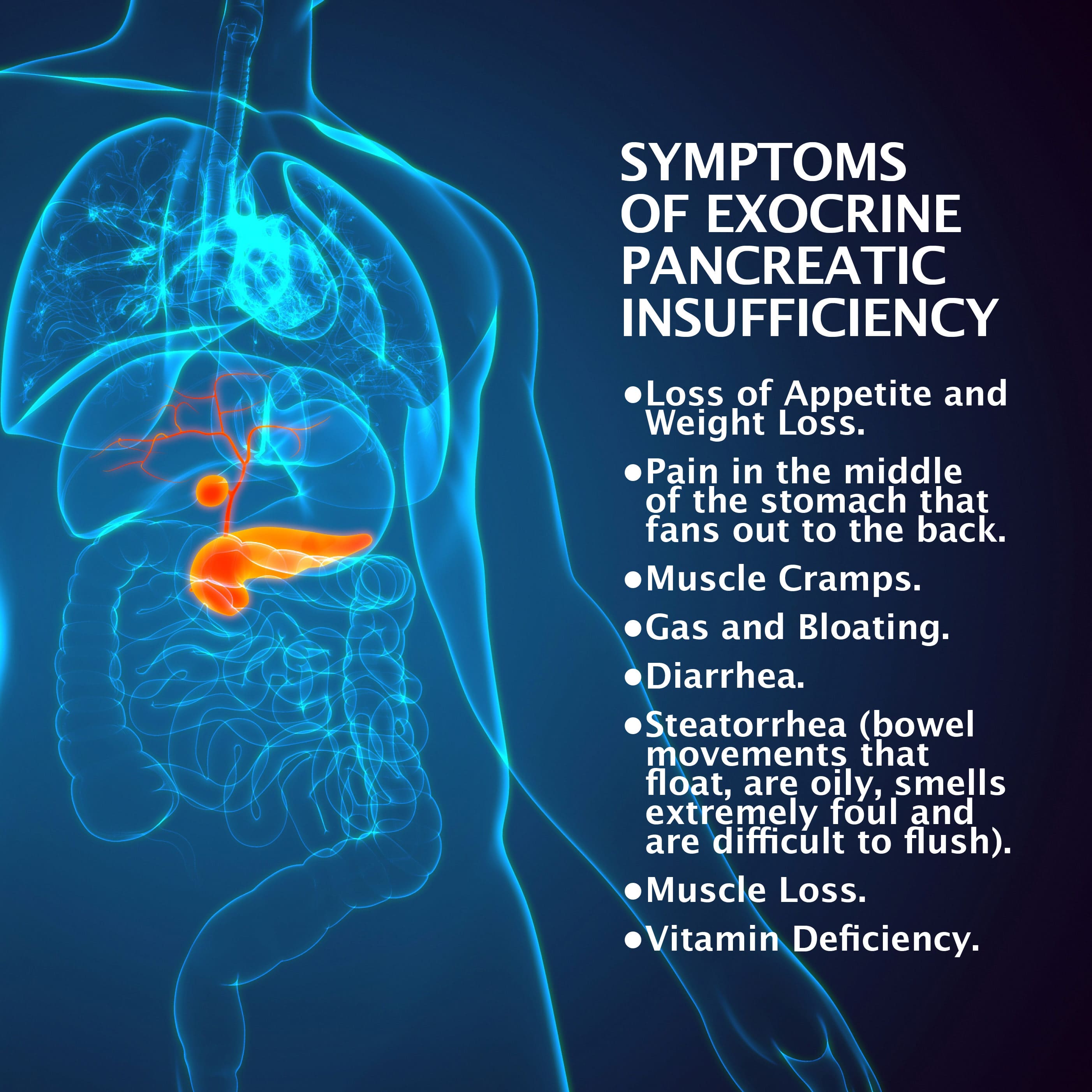



What Is Exocrine Pancreatic Insufficiency
You should call your healthcare provider if you experience Extreme fatigue or dizziness Oily stools Signs of malnutrition Unexpected weight loss For example, the history of abdominal pain, bad smelling bowel movements and weight loss clinically suggests a diagnosis of exocrine pancreatic insufficiency Blood tests may be ordered to check vitamin levels and pancreatic enzymes Symptoms of pancreatic insufficiency include Fat in stools Bulky stools that float in the water and are difficult to flush Stools may appear pale and oily Stools may be foulsmelling Weight loss Diarrhea (may be watery) Fatigue Gas ( flatulence ),




How Do I Know If I Have Epi Exocrine Pancreatic Insufficiency




What Is Exocrine Pancreatic Insufficiency Ben S Natural Health
Exocrine pancreatic insufficiency develops in 50–80% of adults after a diagnosis of 56 to 131 years 74, 75 The exact prevalence of EPI in pediatric CP is unknown, but 34% of children with CP in the INSPPIRE cohort were exocrine pancreatic insufficient at the time of enrollment 43 Typically, the diagnosis of CP is made prior to the Dysfunction of the CFTR gene leads to a decrease in luminal fluid volume and decreased pH, resulting in protein precipitation within the ductal lumen and loss of normal acinar cell function EPI is most commonly observed at birth or soon after due to in utero exocrine pancreatic damage Exocrine pancreatic insufficiency (EPI) is a condition caused by reduced or inappropriate secretion or activity of pancreatic juice and its digestive enzymes, pancreatic lipase in particular EPI can result in clinical manifestation and biochemical alterations causing reduced quality of life and lifethreating complications




What You Should Know About Exocrine Pancreatic Insufficiency Epi Ariel Insights




Exocrine Pancreatic Insufficiency Epi In Humans Info For Hcps
Exocrine pancreatic insufficiency is a condition where the pancreas does not supply the necessary enzymes needed to digest foods At Loma Linda University Health, we treat more pancreatic disorders than any other center in the region We have the ability to diagnose andExocrine pancreatic insufficiency in your dog is a result of the pancreas' failure to produce the digestive enzymes need for proper food digestion For digesting starches and sugars an enzyme called amylase is needed These enzymes are lipases which digest fats Proteases enzyme isExocrine Pancreatic Insufficiency (EPI)?




Exocrine Pancreatic Insufficiency




Identify Epi In Your Patients Information For Hcps
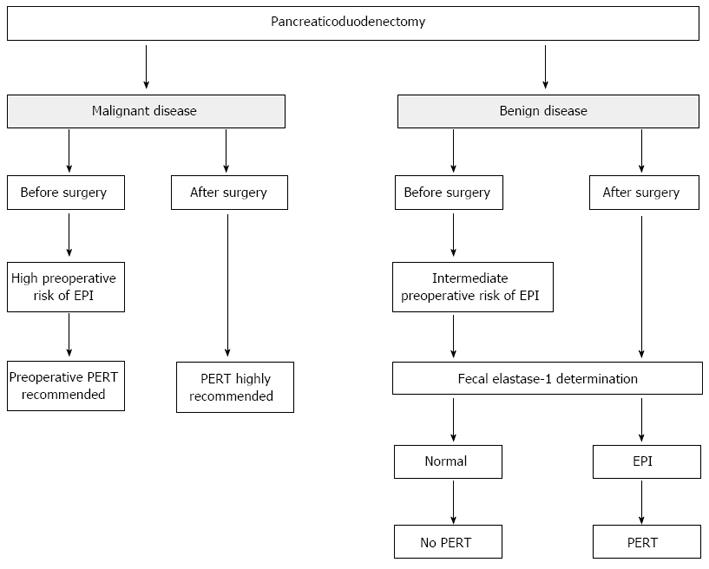



Exocrine Pancreatic Insufficiency In Adults A Shared Position Statement Of The Italian Association For The Study Of The Pancreas




Epi Symptoms Bloating Diarrhea And More
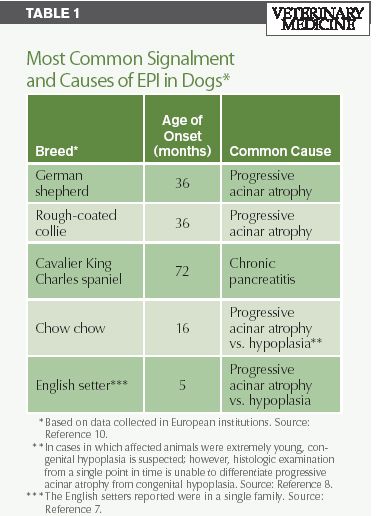



A Quick Review Of Canine Exocrine Pancreatic Insufficiency




Who S At Risk Of Exocrine Pancreatic Insufficiency Infographic Everyday Health




Exocrine Pancreatic Insufficiency In Dogs Whole Dog Journal
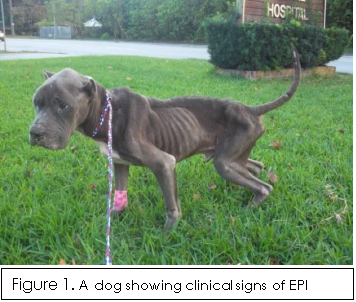



Exocrine Pancreatic Insufficiency Epi
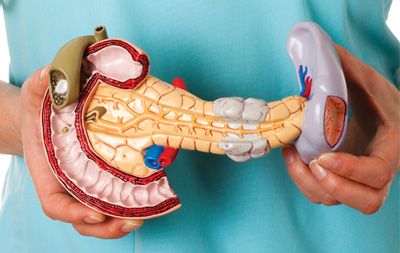



What Is Exocrine Pancreatic Insufficiency Pa Gi Pennsylvania Gastroenterology




Exocrine Pancreatic Insufficiency Causes And Symptoms By Dr Chetan B Mahajan Lybrate




Exocrine Pancreatic Insufficiency Diagnosis And Management Youtube




Symptoms Of Exocrine Pancreatic Insufficiency Epi Treatment




Epi And Other Digestive Diseases In Dogs Dogs Naturally




Pancreatic Exocrine Insufficiency Pei And Pancreatic Enzyme Replacement Therapy Pert Guts Uk




What Is Epi Exocrine Pancreatic Insufficiency
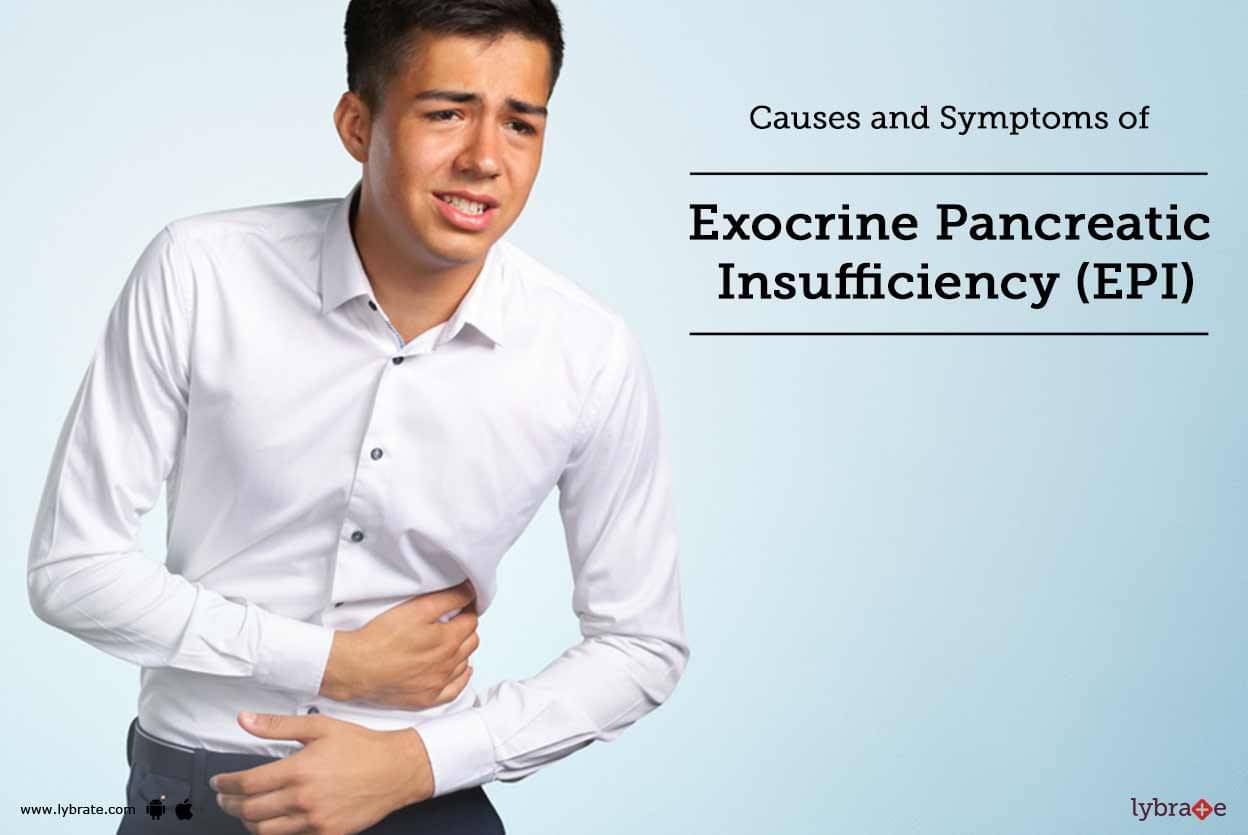



Causes And Symptoms Of Exocrine Pancreatic Insufficiency Epi By Dr Vijay Rai Lybrate




Epi Is Diagnosed Based On A Combination Of The Following Patient History E G Chronic Pancreatitis Or Previ Patient History Food For Digestion Nutrition
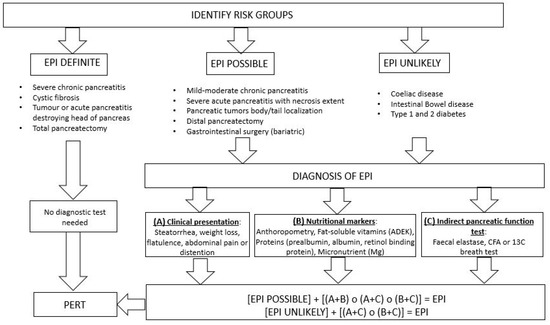



Medicina Free Full Text State Of The Art In Exocrine Pancreatic Insufficiency Html
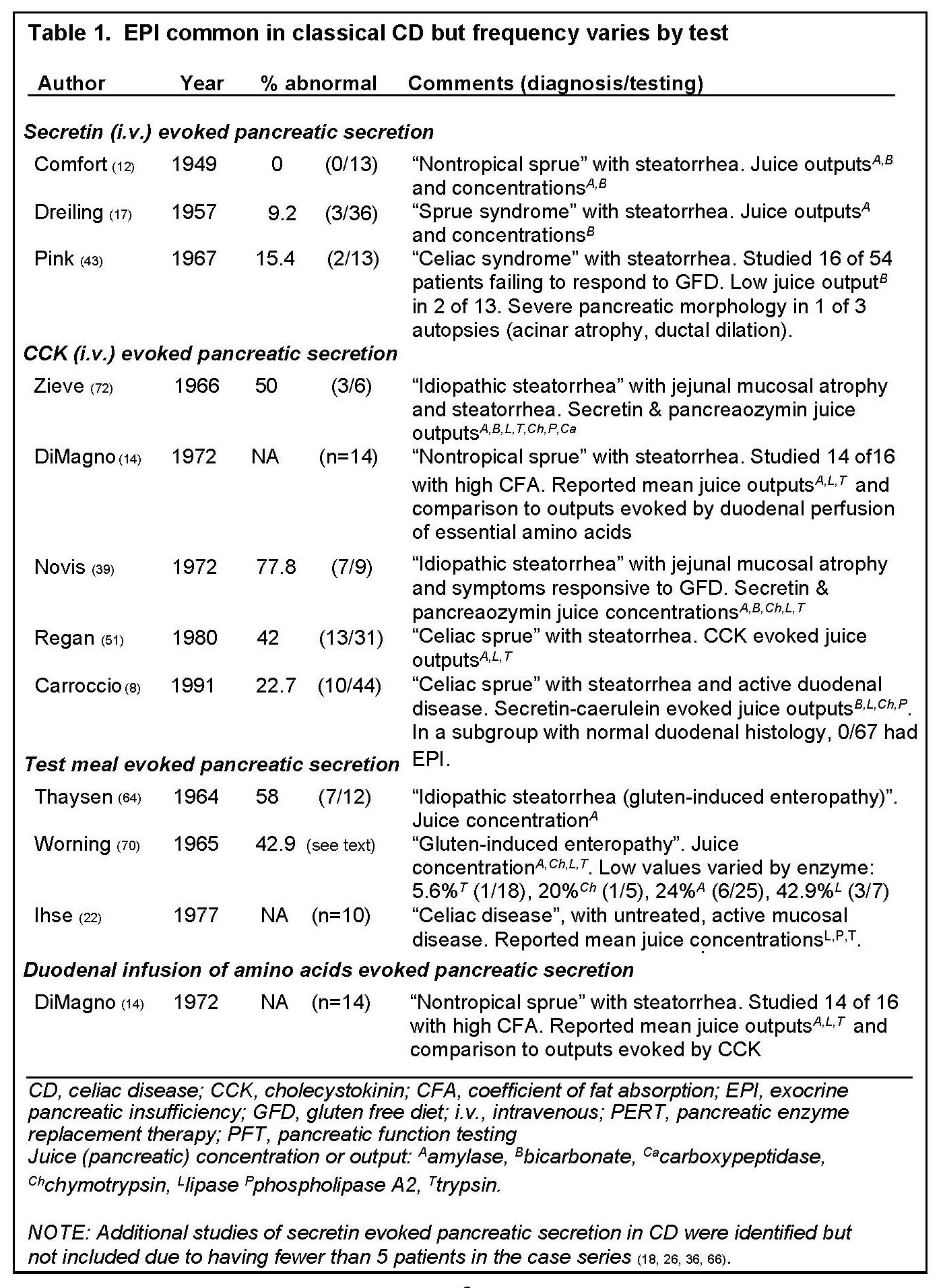



Exocrine Pancreatic Insufficiency And Pancreatitis Associated With Celiac Disease Pancreapedia
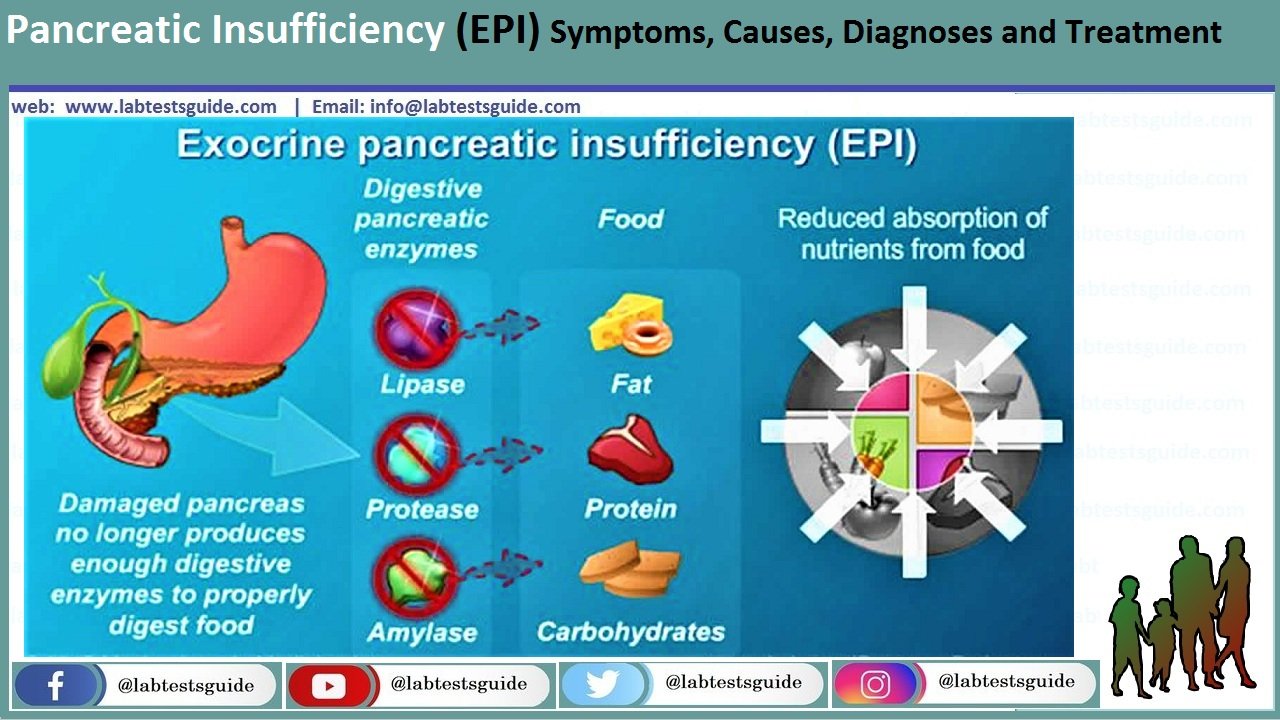



Pancreatic Insufficiency Epi Symptoms Causes Diagnoses And Treatment Lab Tests Guide




Epi Symptoms Symptoms Signs And Symptoms Pancreatic




Introduction And Practical Approach To Exocrine Pancreatic Insufficiency For The Practicing Clinician Othman 18 International Journal Of Clinical Practice Wiley Online Library



1




Do You Have Epi Or Something Else Everyday Health




Dr Jean Dodds Pet Health Resource Blog Exocrine Pancreatic Insufficiency In Dogs And Cats




Symptoms Of Exocrine Pancreatic Insufficiency
/exocrine-pancreatic-insufficiency-4177936-821-618578bea845406fa96c78167aff8657.png)



Exocrine Pancreatic Insufficiency Symptoms Causes And Diagnosis




When To Consider The Pancreas




Diagnosis And Management Of Exocrine Pancreatic Insufficiency Semantic Scholar




What Is Exocrine Pancreatic Insufficiency Everyday Health




Epi Symptoms Bloating Diarrhea And More




Fyrtorr What Is Epi Exocrine Pancreatic Insufficiency Milled
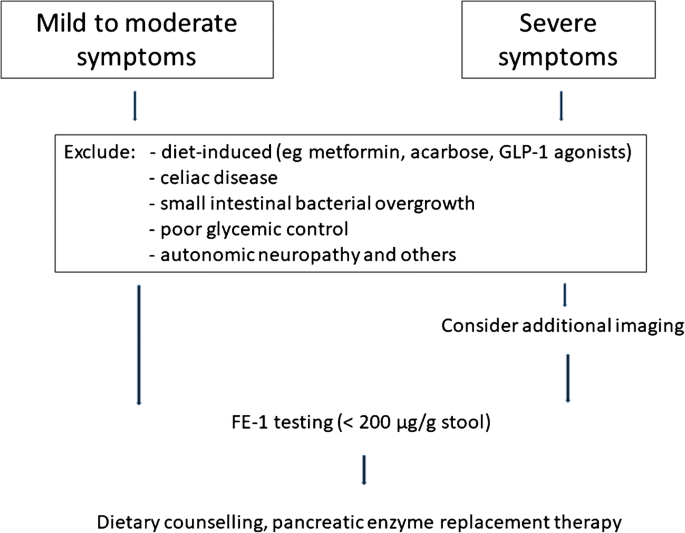



Exocrine Pancreatic Insufficiency In Type 1 And Type 2 Diabetes Springerlink




Introduction And Practical Approach To Exocrine Pancreatic Insufficiency For The Practicing Clinician Othman 18 International Journal Of Clinical Practice Wiley Online Library
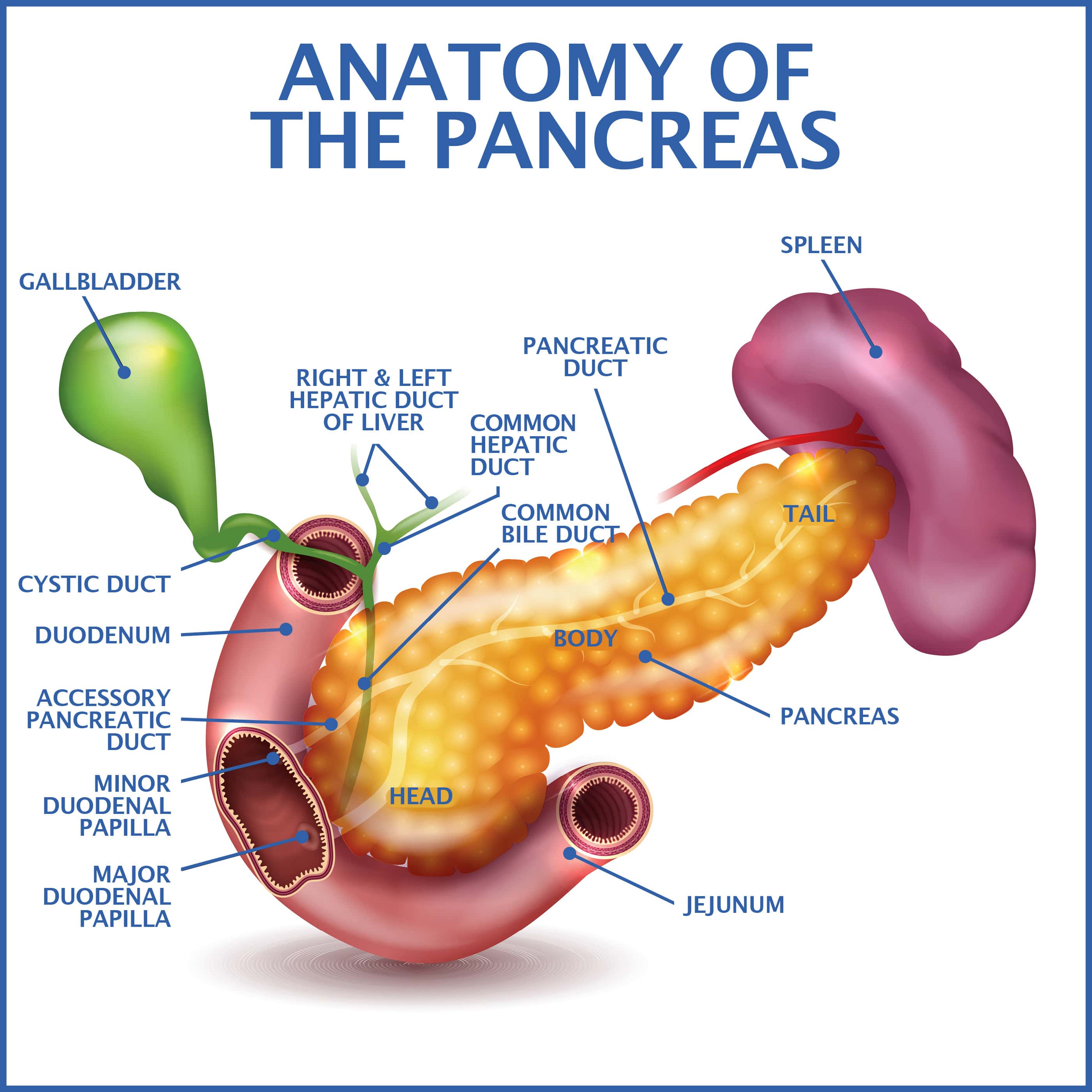



What Is Exocrine Pancreatic Insufficiency




Exocrine Pancreatic Insufficiency Youtube




What Is Exocrine Pancreatic Insufficiency Epi Creon




Non Gastrointestinal Symptoms Of Epi Everyday Health




Exocrine Pancreatic Insufficiency Wikipedia
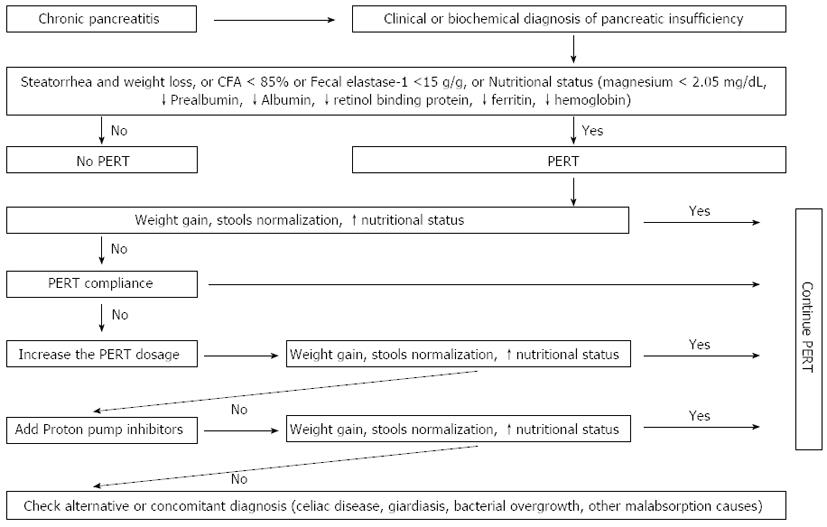



Exocrine Pancreatic Insufficiency In Adults A Shared Position Statement Of The Italian Association For The Study Of The Pancreas




Epi Symptoms Official Creon Pancrelipase Hcp Site




American Gastroenterological Association Aga Understanding Exocrine Pancreatic Insufficiency Epi Our New Patient Brochure And Video Will Help Answer Common Questions On The Pancreas And The Causes Symptoms And Management Of Epi




Current Challenges In Exocrine Pancreatic Insufficiency A Multi Perspective Discussion Transcript




When To Consider The Pancreas
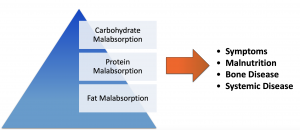



Exocrine Pancreatic Insufficiency And Pancreatic Enzymes Mission Cure




Is Epi Reversible




Pdf Applying Machine Learning Techniques To Identify Undiagnosed Patients With Exocrine Pancreatic Insufficiency




A Primer On Exocrine Pancreatic Insufficiency Fat Malabsorption And Fatty Acid Abnormalities




How To Diagnose Exocrine Pancreatic Insufficiency How To




Signs And Symptoms Of Exocrine Pancreatic Insufficiency In Humans




Exocrine Pancreatic Insufficiency In Dogs And Cats Veterinary Partner Vin




Pdf Less Common Etiologies Of Exocrine Pancreatic Insufficiency Semantic Scholar




Largest Analysis Examining Barriers To Epi Diagnosis Finds Patients With Digestive Health Issues Overlook Their Symptoms




Ultresa Treatment For Exocrine Pancreatic Insufficiency Epi Clinical Trials Arena




Symptoms And Tests Used In The Diagnosis Of Exocrine Pancreatic Download Table




Pancreatic Exocrine Insufficiency Pei Canadian Digestive Health Foundation
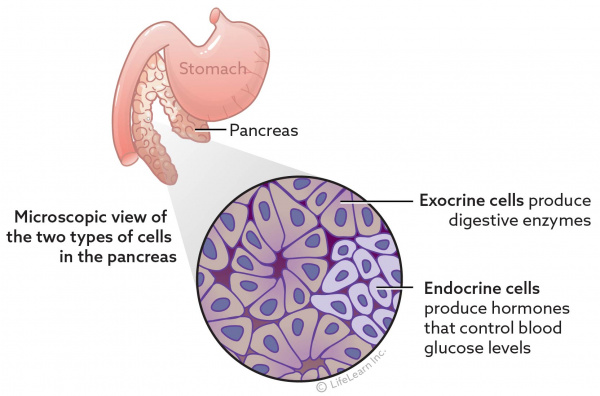



Exocrine Pancreatic Insufficiency In Dogs Vca Animal Hospital




Diagnosis Exclusion Of Canine Exocrine Pancreatic Insufficiency Epi Ppt Video Online Download




Practical Guide To Exocrine Pancreatic Insufficiency Breaking The Myths Topic Of Research Paper In Clinical Medicine Download Scholarly Article Pdf And Read For Free On Cyberleninka Open Science Hub




Indirect Diagnostic Tests For Evaluating Pancreatic Exocrine Insufficiency Download Table




3 Ways To Diagnose Exocrine Pancreatic Insufficiency Wikihow




Pin On Bsf




Know More About Exocrine Pancreatic Insufficiency Epi Therapeutics And Diagnostics Market By Manufacturers Regions Type And Application Forecast To 23 Medgadget
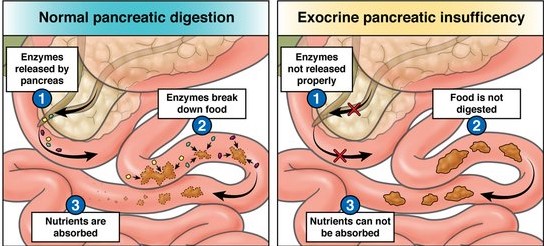



Aga Releases New Epi Patient Education Page American Gastroenterological Association




Animation Exocrine Pancreatic Insufficiency Epi




A Primer On Exocrine Pancreatic Insufficiency Fat Malabsorption And Fatty Acid Abnormalities
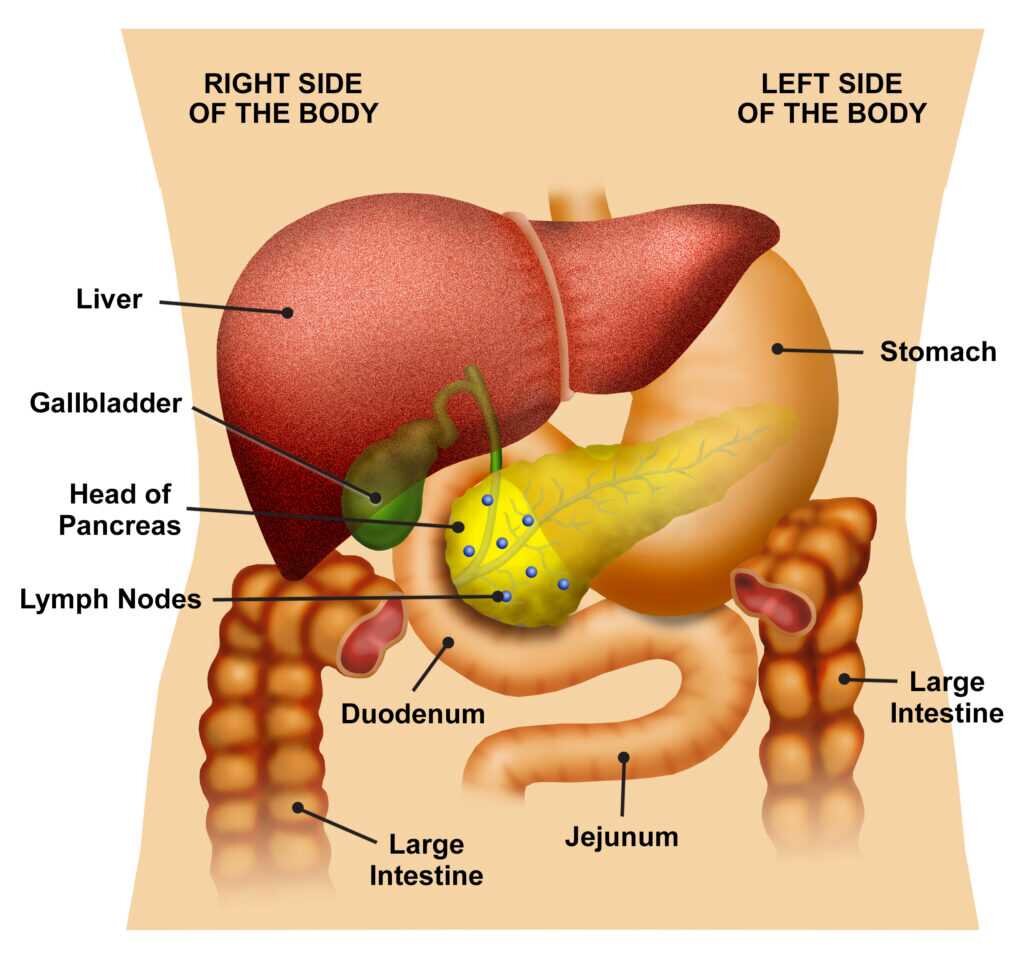



Exocrine Pancreatic Insufficiency When Digestion Fails Hive Mind Medicine




Epi Symptoms Bloating Diarrhea And More



Skin Signs Of
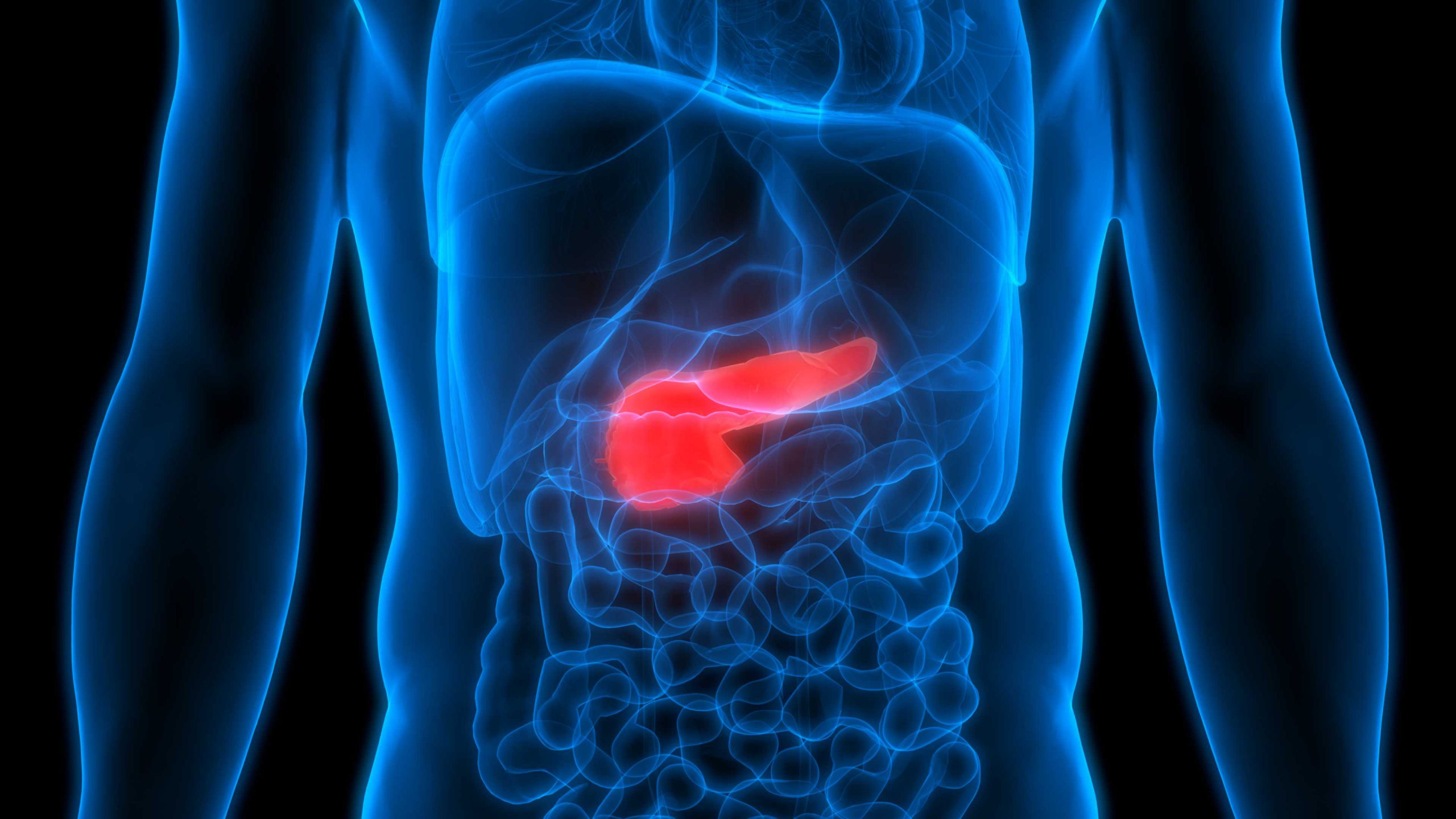



Exocrine Pancreatic Insufficiency Causes Diagnosis Treatment




Epi Symptoms Bloating Diarrhea And More




Efficacy And Safety Of Pancreaze For Treatment Of Exocrine Pancreatic Insufficiency Due To Cystic Fibrosis Journal Of Cystic Fibrosis




Exocrine Pancreatic Insufficiency Epi Therapeutics And Diagnostics Market




Causes Of Pancreatic Insufficiency Download Table




Exocrine Pancreatic Insufficiency Prevalence Diagnosis And Manageme Ceg



Slide Show Exocrine Pancreatic Insufficiency Epi
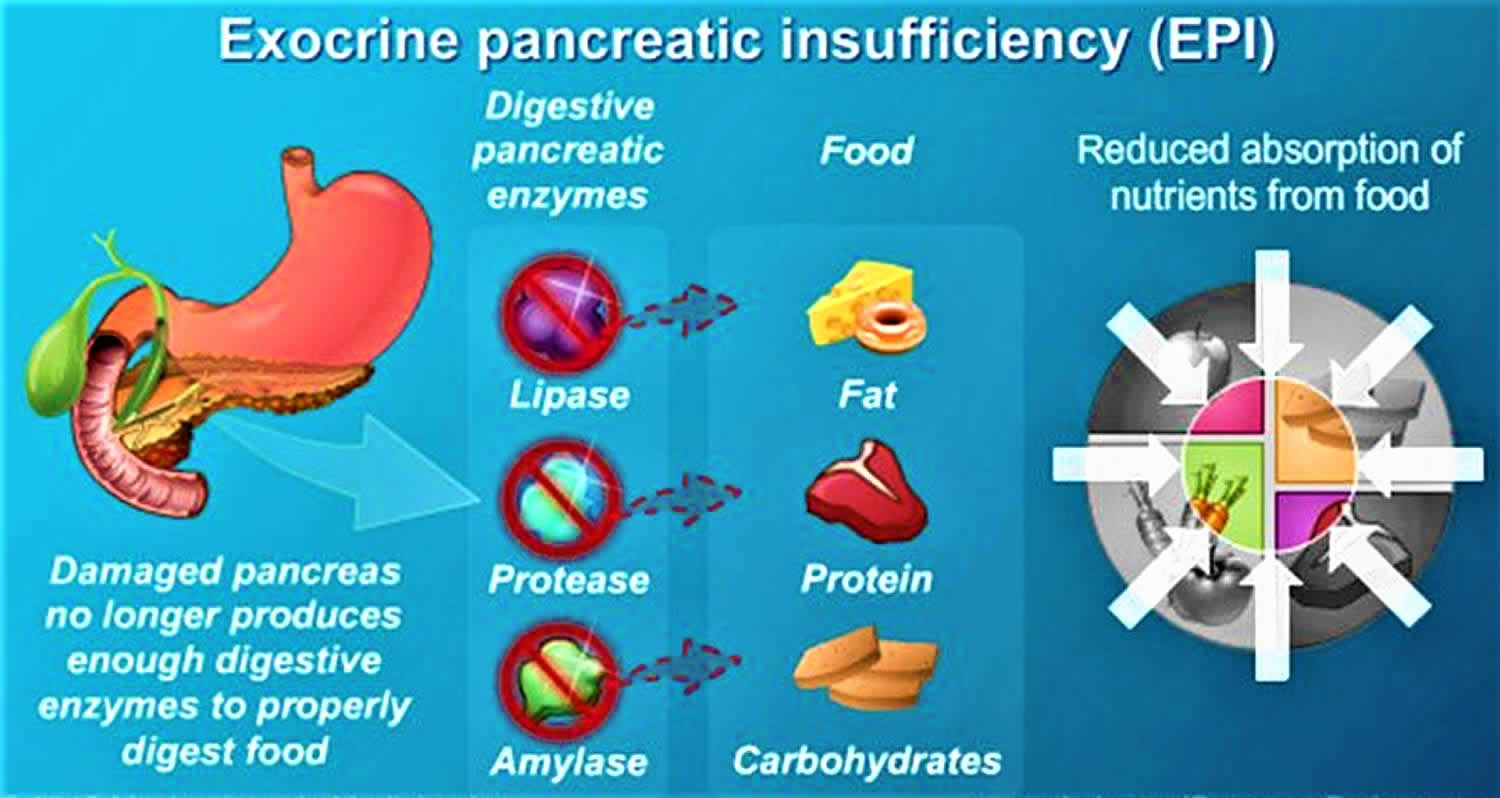



Exocrine Pancreatic Insufficiency Causes Symptoms Diagnosis Treatment




How To Relieve Epi Related Stomach Pain Everyday Health



Exocrine Pancreatic Insufficiency Epi Epidemiology Forecast 30
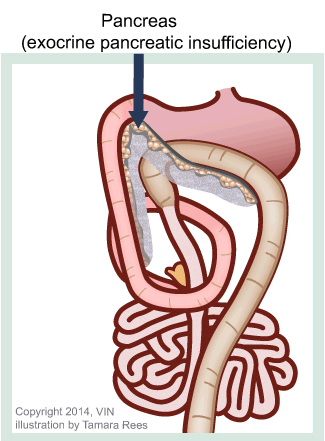



Exocrine Pancreatic Insufficiency Mar Vista Animal Medical Center




Slide Show Exocrine Pancreatic Insufficiency Epi
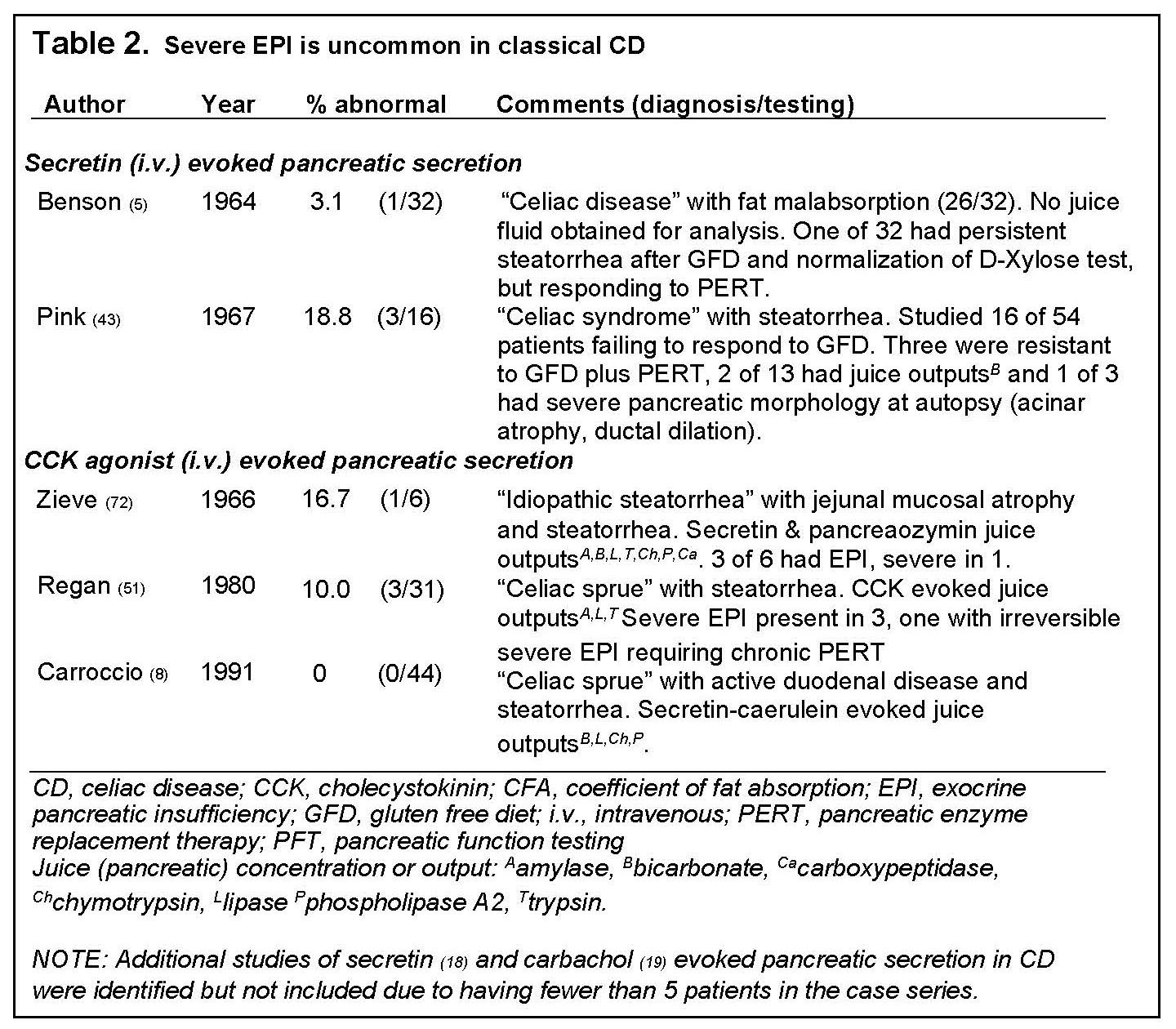



Exocrine Pancreatic Insufficiency And Pancreatitis Associated With Celiac Disease Pancreapedia
コメント
コメントを投稿